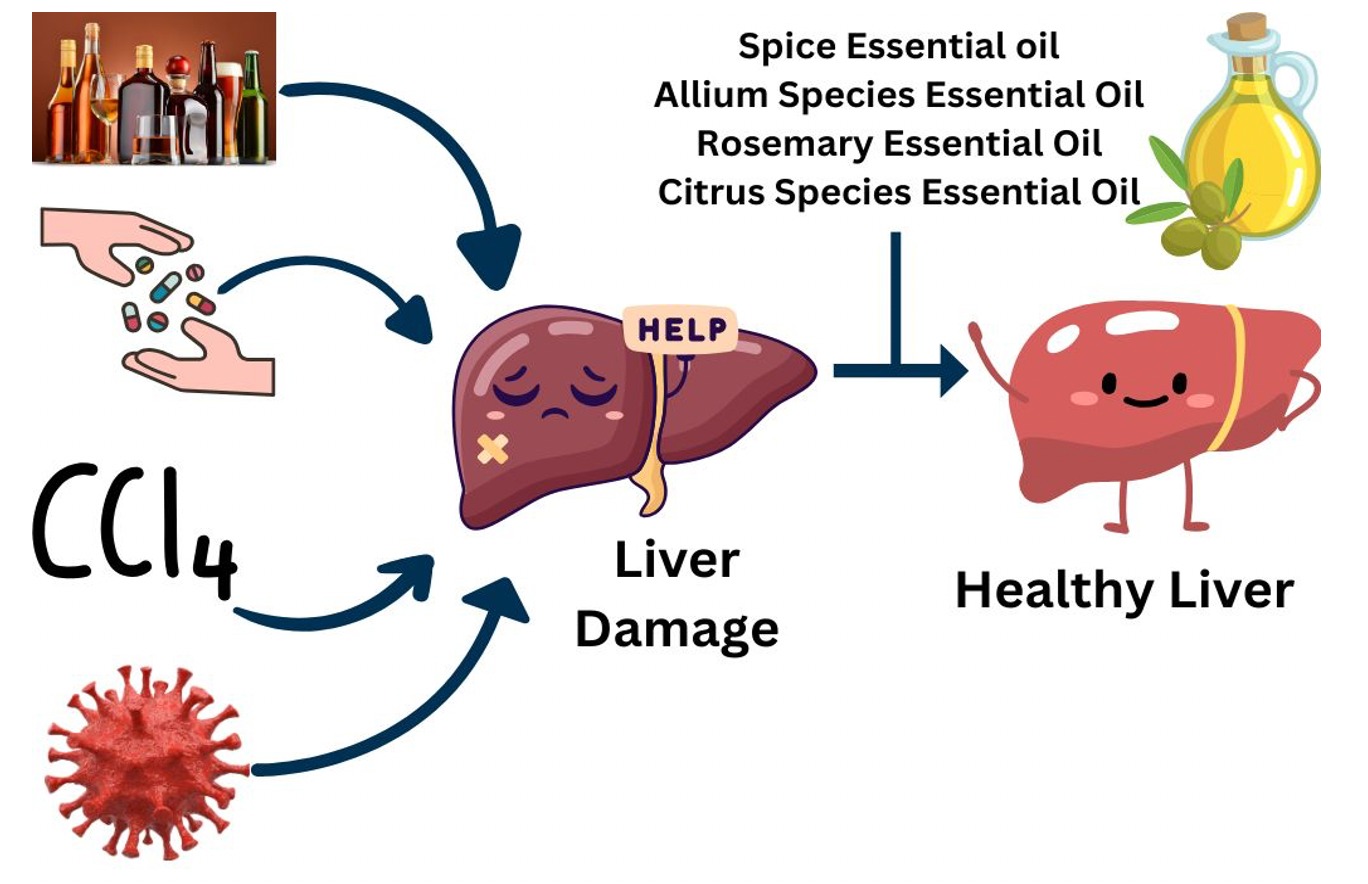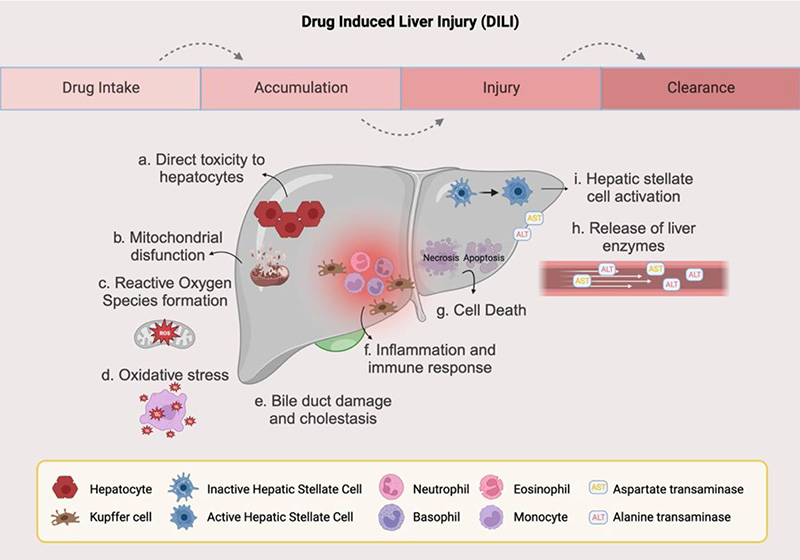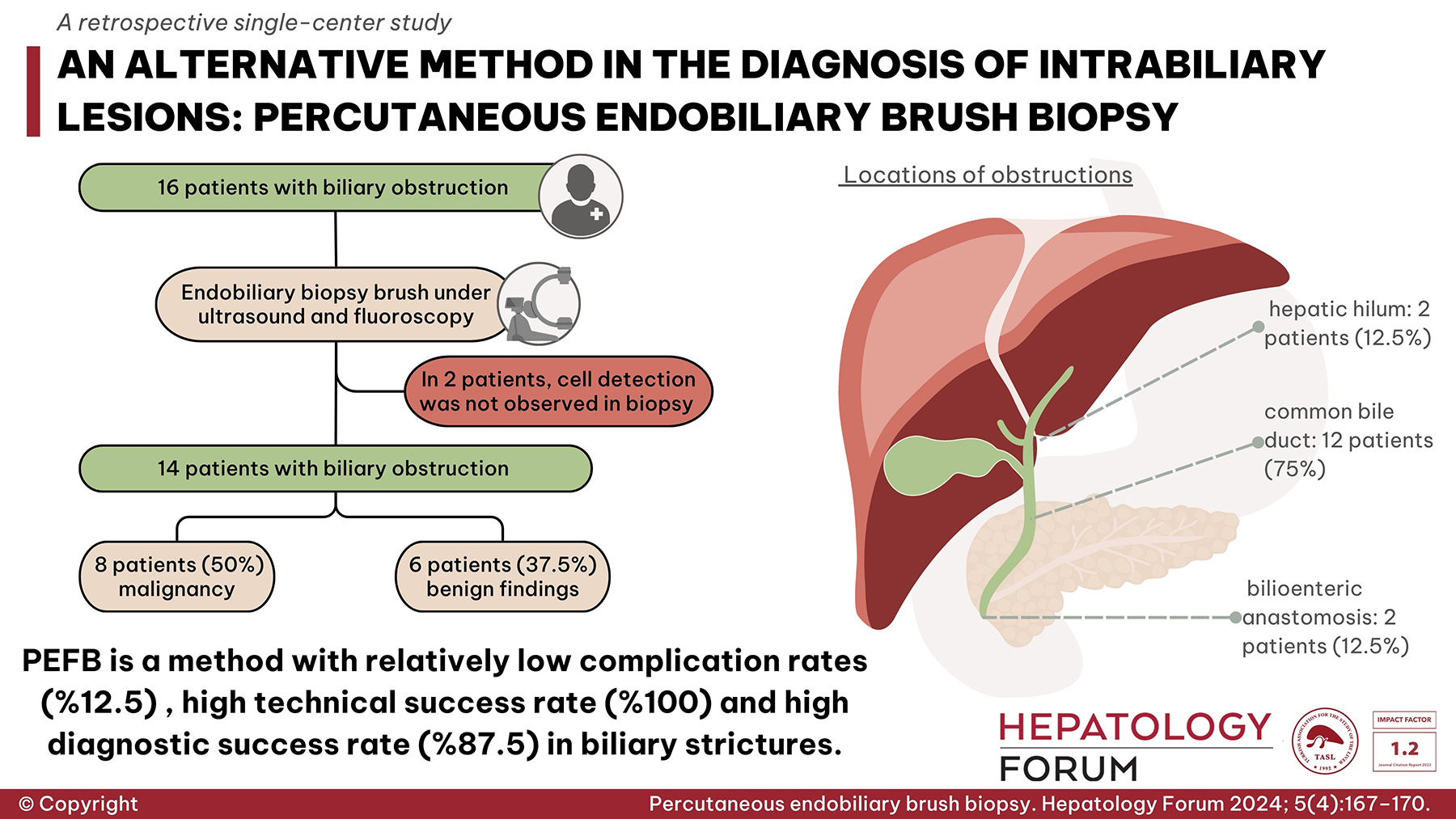2Consultant in Gastroenterology and Hepatology, Worthing HospitalnUniversity Hospital Sussex NHS Foundation Trust, Sussex, England
Abstract
A 36-year-old patient presented with severe early-onset obstetric cholestasis on a background of having pre-term induction of labor at 33 weeks during her only previous pregnancy. The patient had significantly abnormal liver biochemistry with a bilirubin of 78 µmol/L, ALP of 318 u/L, ALT of 280 µmol/L, and bile acid levels of 420 µmol/L. The patient received ursode-oxycholic acid 750 mg 3 times a day, rifampicin 500 mg twice a day, aspirin 150 mg once a day, and metformin 500 mg 3 times a day. However, despite this, the patient still suffered from intractable pruritus and her bile acid level was still above the 100 µmol/L target that the obstetrics team was aiming for to avoid early delivery at 32 weeks. Due to the nature and severity of her cholestasis, the patient had a number of investigations done postnatally in-cluding genetic analysis, which confirmed that the patient was heterozygous for a pathogenic variant of the ATP-binding cassette subfamily B member 4 gene (c.959C>T [p.Ser320Phe]) and also a variant of unknown significance (c.1679C>T [p.Thr560Met]).





 Mohammad Fawad Khattak1
Mohammad Fawad Khattak1 









